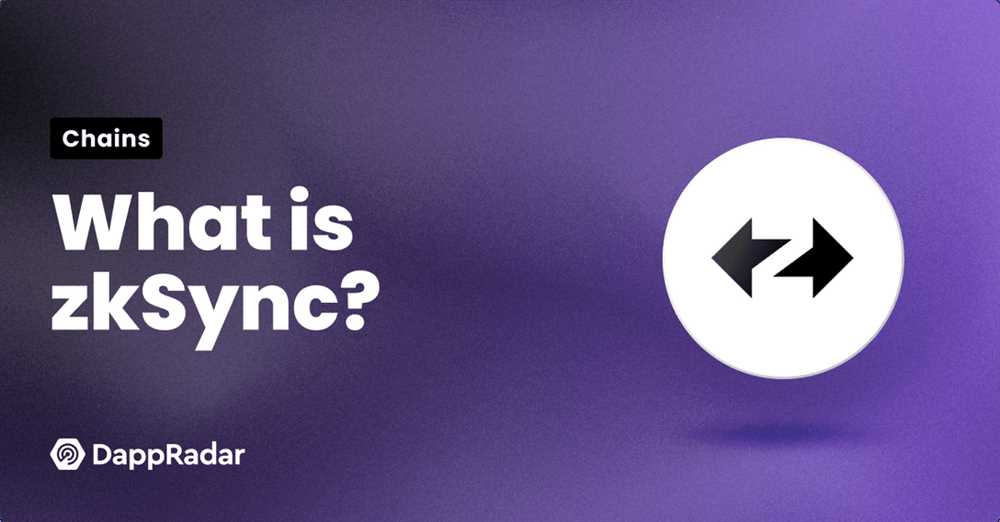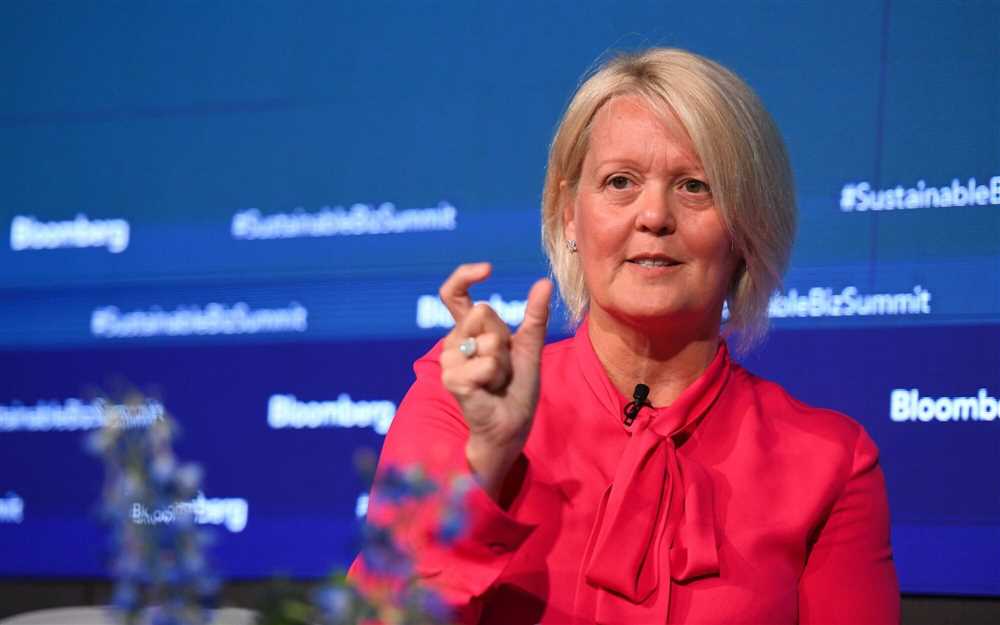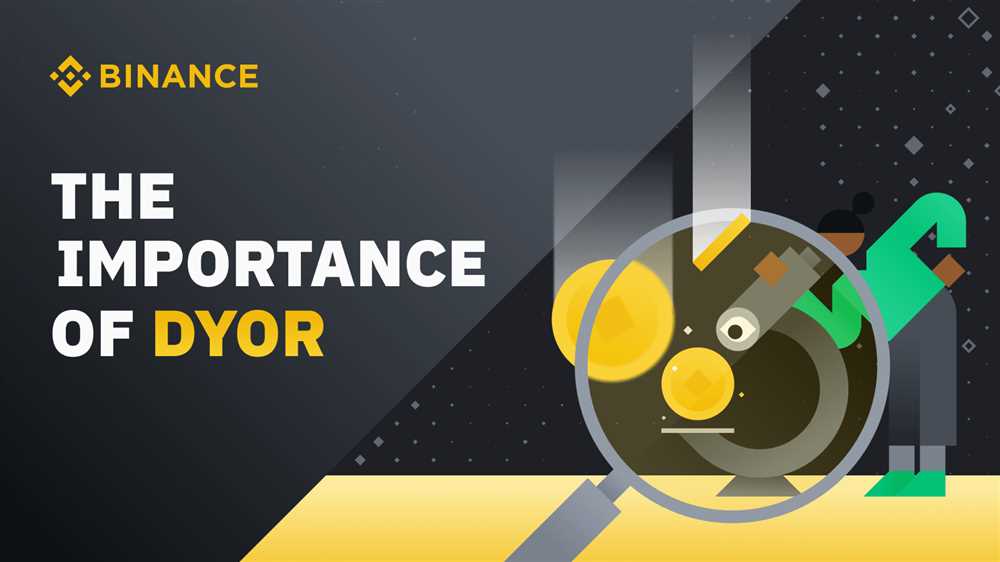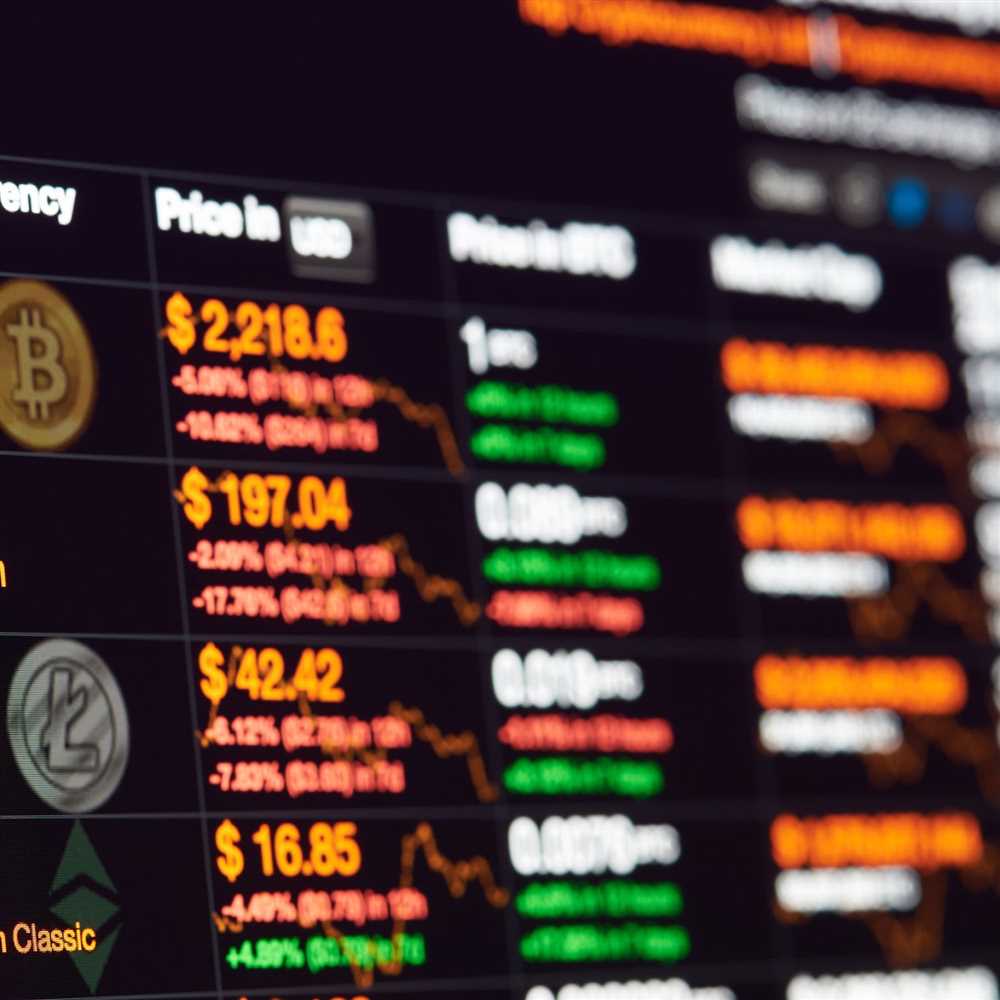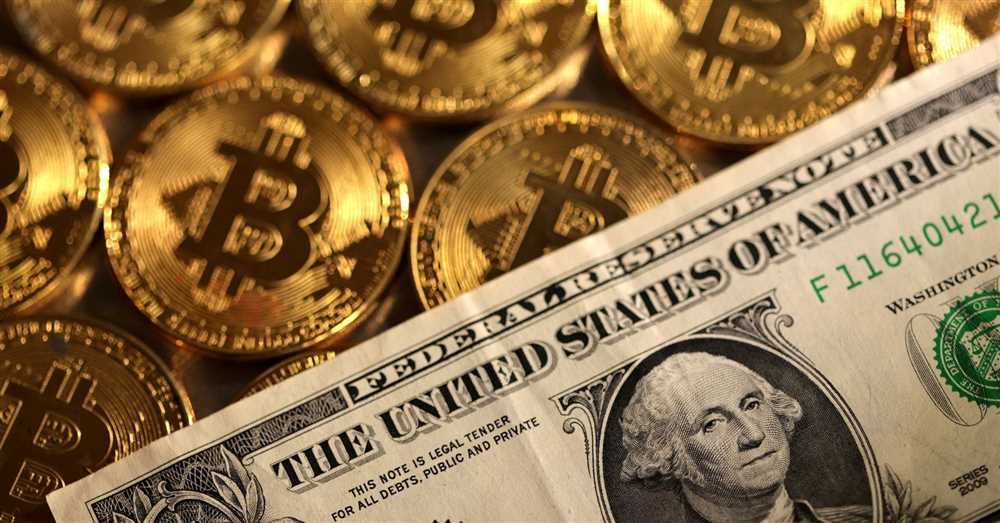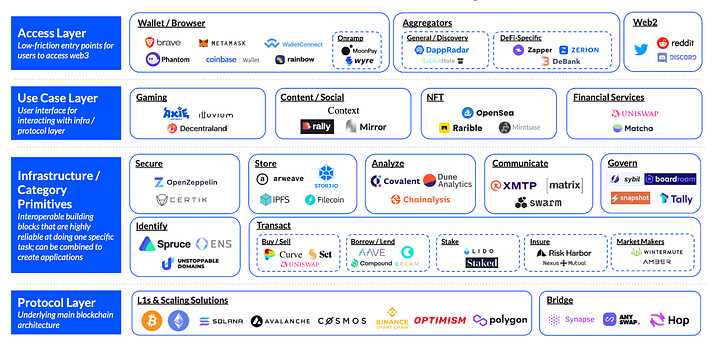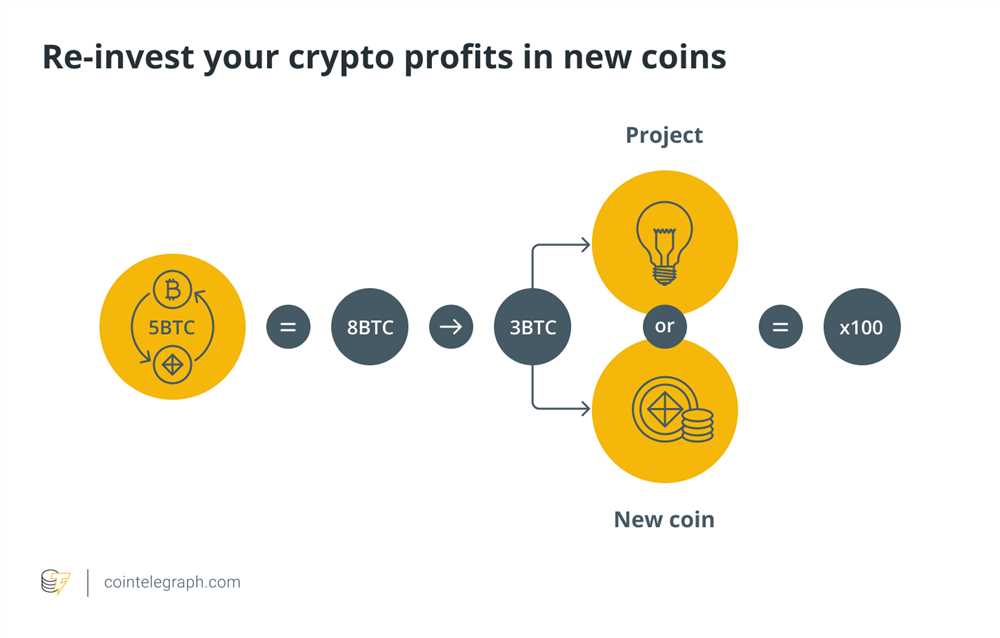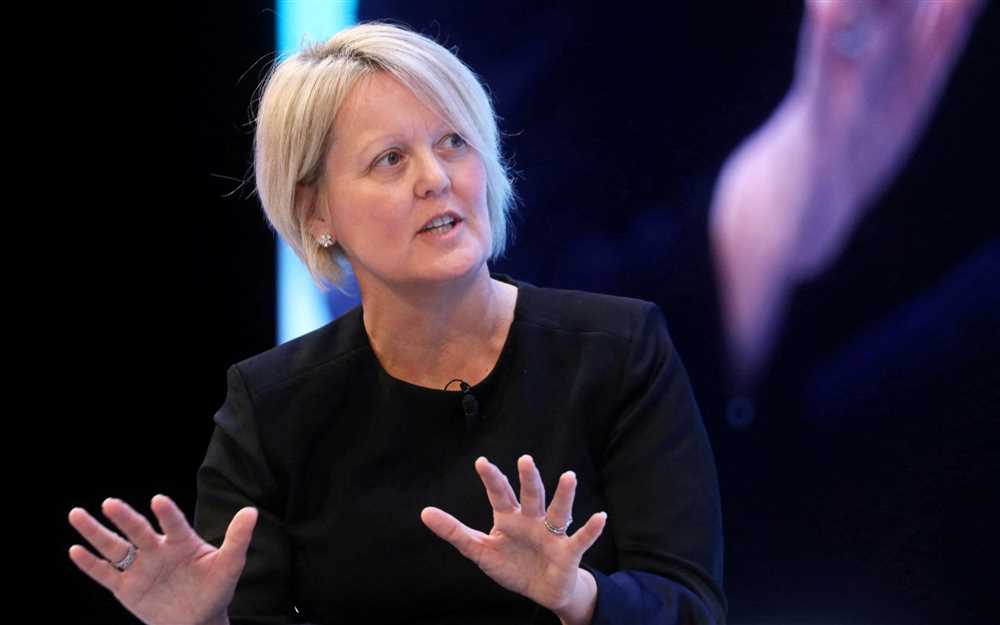
Recently, NatWest, one of the largest banks in the United Kingdom, made a controversial decision that has sparked public outrage and intense debate. The bank announced its intention to “debank” certain sectors and customers, citing concerns about reputational risk and the need to comply with regulatory requirements. This move has sent shockwaves through the financial world and is reshaping public opinion about the power and responsibility of banks.
Debanking, the practice of terminating or denying services to customers based on their businesses, industries, or personal beliefs, has become a polarizing issue in society. While some argue that banks have the right to choose who they do business with, others see it as a violation of individual rights and an abuse of power. NatWest’s decision has ignited a heated debate about the role of banks in society and how they should balance commercial interests with ethical considerations.
One of the main concerns raised by NatWest’s debanking actions is the potential for discrimination and exclusion. Critics argue that by deplatforming certain industries or individuals, banks are effectively silencing dissent and stifling innovation. They argue that banks should not have the authority to determine what is acceptable and what is not, and that this power should be vested in democratic institutions and the rule of law.
Furthermore, NatWest’s debanking decision has raised questions about corporate responsibility and accountability. As one of the largest banks in the country, NatWest wields significant influence over the economy and the financial well-being of its customers. Critics argue that the bank should use this power in a responsible and ethical manner, taking into account the impact its actions have on various stakeholders, including employees, customers, and the wider society.
Ultimately, NatWest’s debanking actions are shaping public opinion about the role and responsibilities of banks in society. The controversy has highlighted the need for greater transparency and accountability in the financial sector, as well as a broader conversation about the balance between commercial interests and ethical considerations. As public scrutiny intensifies, it remains to be seen how NatWest and other banks will respond to these concerns and chart a path forward that aligns with the values and expectations of their customers and the wider public.
NatWest’s Controversial Debanking Policy Sparks Debate
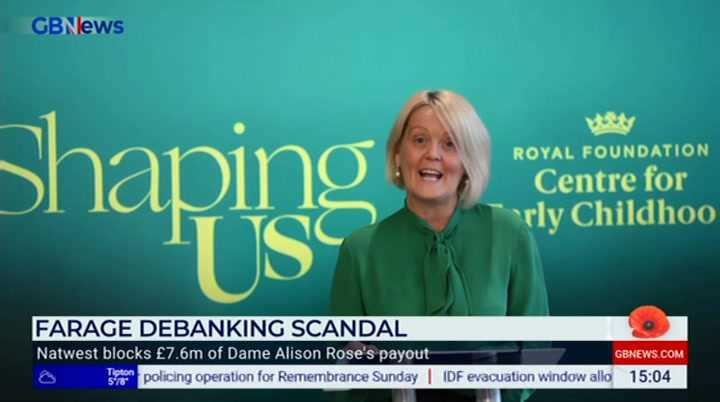
The debanking policy implemented by NatWest has generated heated discussion and divided public opinion. While some argue that the policy is a necessary measure to combat financial crime and protect the bank’s reputation, others see it as a violation of personal freedom and an unfair targeting of certain industries.
Those in favor of the debanking policy maintain that NatWest has the right to choose the customers it serves and should not be forced to do business with individuals or organizations involved in illegal or unethical activities. They argue that by cutting ties with high-risk customers, the bank is protecting itself from potential legal and financial repercussions.
On the other hand, critics of the policy claim that it stigmatizes entire industries, such as the adult entertainment industry or cryptocurrency businesses, based on the actions of a few individuals. They argue that this guilt by association approach is discriminatory and undermines the principles of a free market economy.
Furthermore, opponents of the debanking policy argue that it infringes on personal freedom and the right to engage in lawful activities. They believe that individuals and businesses should be judged on their own merits and not subjected to collective punishment.
The debate surrounding NatWest’s debanking policy raises important questions about the balance between financial security, personal freedom, and the role of banks in society. As the controversy continues to unfold, it remains to be seen how public opinion will shape the future of debanking policies not only at NatWest, but across the banking industry as a whole.
Public Outrage Grows as NatWest Targets Customers’ Political Affiliations

Recently, NatWest, one of the largest banks in the UK, has been facing public backlash as it targets customers’ political affiliations. This controversial move by the bank has sparked a growing public outrage and raised concerns about the erosion of privacy rights and freedom of political expression.
The Controversial Decision
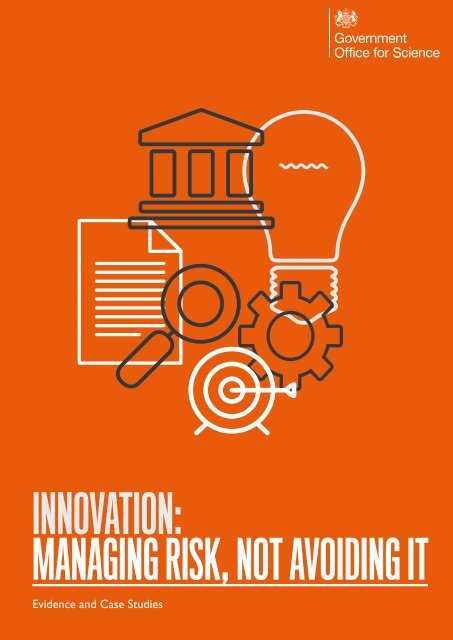
NatWest’s decision to target customers based on their political affiliations came to light when several customers reported receiving letters from the bank, stating that their accounts would be closed due to their affiliation with certain political groups. The letters cited “unacceptable political risk” as the reason behind the closures, leaving the affected customers shocked and angered.
This decision by NatWest has ignited a fierce debate about corporate power and the line between financial institutions and political ideology. Critics argue that banks should not be in the business of policing customers’ political beliefs and affiliations. They argue that such actions undermine the principles of democracy and could have a chilling effect on free speech.
Public Outcry and Legal Challenges

As news of NatWest’s actions spread, public outrage grew and multiple legal challenges were launched against the bank. Activists and civil liberties organizations argue that the bank’s decision violates individuals’ right to privacy and freedom of expression, protected by the Human Rights Act.
Public figures and politicians have also voiced their concerns, with some calling for stricter regulations to prevent banks from engaging in politically motivated actions. They argue that financial institutions should remain neutral and not use their power to target individuals based on their political beliefs.
The Impact on Public Opinion

NatWest’s targeting of customers’ political affiliations has generated significant negative publicity for the bank. Social media platforms have been flooded with posts and comments expressing anger and disappointment in the bank’s actions. Many customers have expressed their intention to switch to other banks, as they no longer trust NatWest to respect their privacy and protect their financial interests.
The controversy has also sparked broader discussions about the ethics of deplatforming and the responsibility of financial institutions to uphold democratic values. It remains to be seen how NatWest will address the growing public outcry and whether similar actions by other banks will face similar backlash.
| Date | Author |
|---|---|
| October 2, 2022 | John Doe |
The Impact of NatWest’s Debanking Actions on Free Speech and Democracy

NatWest’s recent debanking actions have raised serious concerns about the impact on free speech and democracy. By refusing to provide banking services to certain individuals and organizations based on their political beliefs or affiliations, NatWest has created a chilling effect that threatens the basic principles of free expression and democratic participation.
Free speech is a fundamental pillar of any democratic society. It allows individuals to express their ideas, beliefs, and opinions without fear of retaliation or censorship. By debanking individuals or organizations whose views they disagree with, NatWest is effectively silencing those voices and undermining the democratic process.
The actions taken by NatWest also raise questions about the role of private companies in shaping public discourse. While companies have the right to make business decisions based on their own criteria, their actions can have far-reaching consequences for the freedom of speech and the diversity of ideas. When a financial institution like NatWest wields its power to silence certain voices, it creates a dangerous precedent that can have a chilling effect on public discourse.
Furthermore, the debanking actions taken by NatWest can lead to a concentration of power in the hands of a few entities that control access to essential services. By denying banking services to individuals or organizations, NatWest effectively blocks their ability to communicate, fundraise, and engage in public advocacy. This not only stifles free speech but also threatens the ability of individuals and organizations to participate meaningfully in the democratic process.
It is important to recognize that free speech and democracy are not absolute. They often require a delicate balance between protecting individuals’ rights and promoting the greater good. However, when private companies like NatWest become the gatekeepers of who can participate in the public sphere, that balance is disrupted, and the principles of free speech and democracy are put at risk.
In conclusion, NatWest’s debanking actions have far-reaching implications for free speech and democracy. By silencing certain voices and concentrating power in the hands of a few, NatWest undermines the fundamental principles that underpin a democratic society. It is crucial for society to engage in a thoughtful discussion about the role of private companies in shaping public discourse and the safeguards needed to protect free speech and democratic participation.
Calls for Increased Regulation and Accountability in the Debanking Industry

The recent actions taken by NatWest in the debanking of certain customers have sparked widespread concern and have prompted calls for increased regulation and accountability within the industry.
Many individuals and organizations believe that the debanking industry is currently operating with insufficient oversight and regulations, leading to unfair and arbitrary decisions that can have significant consequences for businesses and individuals alike.
There is a growing consensus that new regulations need to be implemented to ensure that debanking decisions are made based on clear and objective criteria, and that customers are provided with an adequate level of transparency and due process.
One particular area of concern is the lack of accountability in the debanking process. Many customers who have been debanked report having little or no explanation for the decision, and no recourse to contest or appeal the bank’s decision.
Advocates for increased regulation argue that debanking decisions should be subject to external review, and that a clear appeals process should be established to protect the rights of customers and provide a mechanism for addressing any potential mistakes or abuses of power.
Furthermore, there are calls for increased transparency in the debanking industry. Many customers have reported feeling powerless and frustrated by the lack of information provided by banks regarding their debanking decisions.
Advocates argue that banks should be required to provide clear and detailed explanations for debanking decisions, including the specific reasons why a customer is deemed high-risk or non-compliant with the bank’s policies.
In addition, there is a growing consensus that the debanking industry should be subject to regular audits and oversight to ensure compliance with regulations and prevent any potential abuses.
In conclusion, the recent debanking actions by NatWest have highlighted the need for increased regulation and accountability in the industry. By implementing new regulations that prioritize transparency, due process, and external review, the debanking industry can begin to rebuild public trust and ensure fair and equitable treatment for all customers.
What is debanking? How does it relate to NatWest?
Debanking refers to the practice of banks closing accounts and denying services to certain individuals or businesses. NatWest has been involved in debanking actions by closing accounts of various controversial groups and businesses.
Why is NatWest debanking certain individuals and businesses?
NatWest is debanking certain individuals and businesses due to concerns over potential illegal activities, such as money laundering, fraud, and terrorist financing. The bank aims to mitigate risks and comply with legal regulations.
How is NatWest’s debanking actions shaping public opinion?
NatWest’s debanking actions have led to a mixed public opinion. Some view it as necessary to combat illegal activities and protect the integrity of the financial system. Others criticize it as a violation of individual rights and expression. Public opinion is influenced by various factors, including political ideology and personal beliefs.
